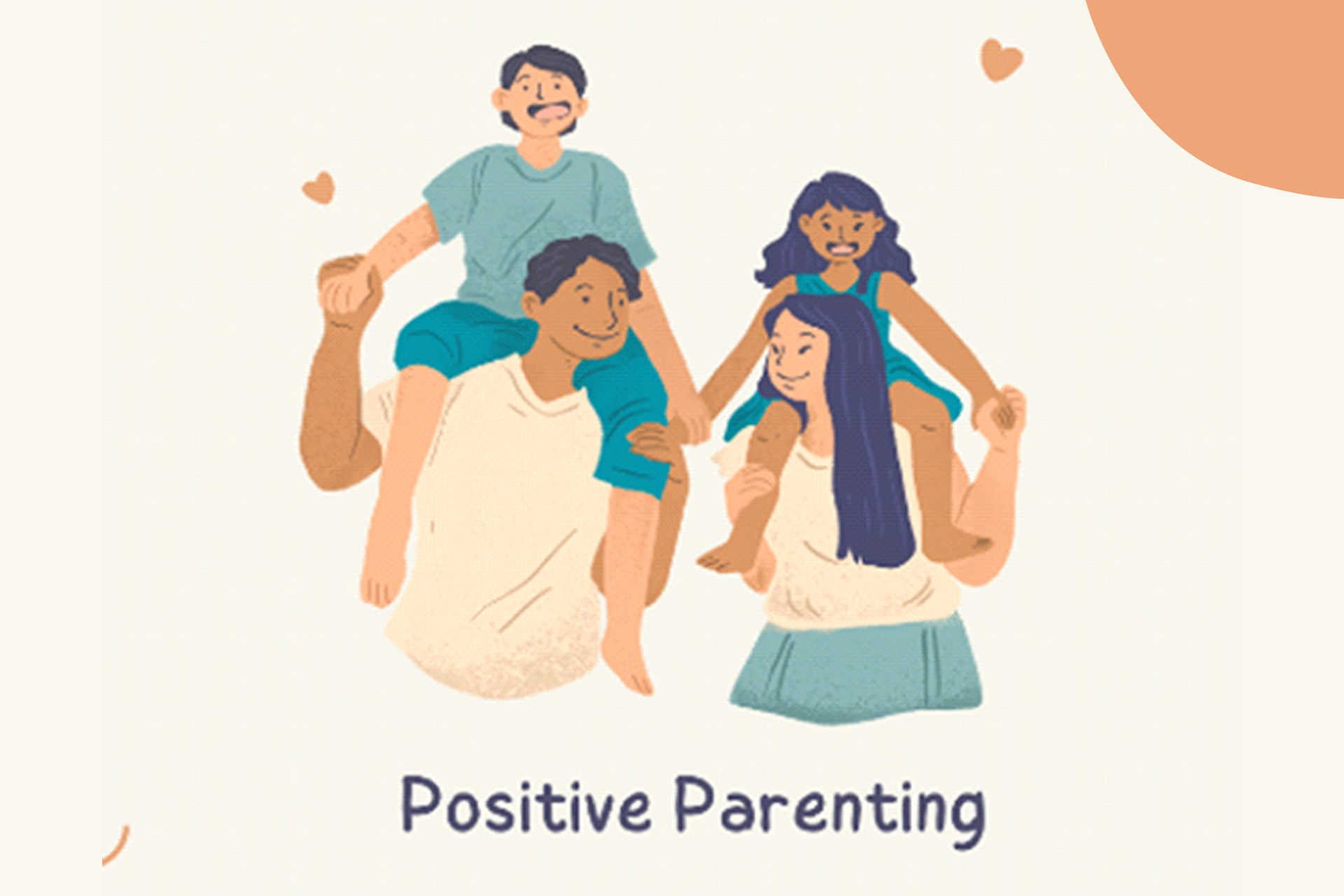By Sai Durgaprasad Hoskote
In the world of parenting, the power of positivity shines brightly. Positive parenting is not just a method but a philosophy that plays a pivotal role in nurturing a child's mental health. By embracing principles such as effective communication, clear boundaries, modeling good behavior, and creating a supportive environment, parents hold the key to fostering well-being and resilience in their children. This blog will explore the transformative impact of positive parenting on a child's mental health, offering valuable tips and insights for every parent on this enlightening journey.
Positive parenting and its impact on a child's mental health:
1. Effective Communication: Maintaining open and respectful communication with your child is fundamental. When parents encourage their children to express their thoughts and feelings without fear of judgment, it fosters trust and emotional well-being. This form of communication creates a safe space for children to share their concerns, fears, and dreams.
2. Feedback and Praise:It's crucial to provide constructive feedback and praise for your child's efforts and achievements. Acknowledging their hard work and accomplishments not only boosts their self-esteem but also reinforces positive behavior. This positive reinforcement helps shape their self-image and confidence.
3. Setting Clear Boundaries: Establishing clear, age-appropriate boundaries and rules is essential. These boundaries offer structure and guidance, allowing children to understand the limits of acceptable behavior. By doing so, parents help children develop a sense of responsibility and accountability.
4. Consistency in Discipline: Consistency in discipline is a key factor in a child's sense of security. When parents enforce rules consistently, it creates a predictable environment, reducing anxiety and promoting stability in a child's life.
5. Modeling Positive Behavior: Children learn by observing their parents. Modeling positive behavior is essential, as it sets an example for children to follow. Managing your own stress and emotions effectively not only helps your child understand how to handle their emotions but also creates a harmonious family environment.
6. Creating a Nurturing Environment: Ultimately, positive parenting is about creating a safe and nurturing space for your child to grow, explore, and develop their mental and emotional well-being. It involves showing love, support, and understanding, which are the building blocks of a child's self-esteem and emotional resilience.
7. Promoting Independence: Positive parenting also encourages the development of independence. Allowing children to make age-appropriate choices and decisions helps them build self-confidence and problem-solving skills. This approach empowers them to navigate life's challenges with resilience.
8. Empathy: and Understanding: Showing empathy and understanding towards your child's experiences and emotions is vital. It validates their feelings and helps them develop emotional intelligence. It also strengthens the parent-child bond, making the child feel loved and valued.
9. Quality Time: Spending quality time with your child is essential. Engage in activities that allow you to connect and bond. This not only creates cherished memories but also demonstrates your commitment to their well-being.
10. Adaptability: Be adaptable in your parenting approach. Children have different needs and personalities, and what works for one child may not work for another. Being flexible and responsive to your child's individual needs is a crucial aspect of positive parenting.
In summary, positive parenting is a holistic approach that involves effective communication, setting boundaries, modelling good behavior, and creating a nurturing and supportive environment. By practicing these principles, parents can significantly contribute to their child's mental and emotional development, fostering well-being and resilience.









0 Comments